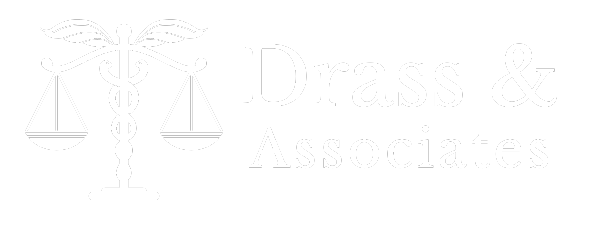Deposition Defined
“A deposition is the recorded sworn oral testimony of a party or witness before trial [as part of discovery]. Depositions are used to explore the strengths and weaknesses of the opposing party’s case.
It is extremely important for the expert to prepare thoroughly before providing answers on deposition and in trial. The expert is testifying under oath. The expert’s testimony may be used to impeach him if inconsistencies develop. If the expert admits crucial facts during his deposition, the expert will be hard-pressed to deny those facts later on in court.
The expert witness, or deponent, is sworn to tell the truth, as he is when testifying in court or in an administrative hearing. The expert’s deposition may be taken and recorded, usually by a court reporter.
A transcript of the deposition will be prepared, and all witnesses deposed will have a limited time in which to review the transcript and make necessary corrections.” – National Institute of Justice
Dep Prep
For those of you who have obtained certification through LegalNurse.com, and watched the video Vickie Milazzo presents demonstrating the discoverability of EVERYTHING during a deposition, I’m sure, like me, YOU REMEMBER IT!!
I have just been given reason to carefully review my notes regarding testimony preparation. To do so thoroughly, I am typing some of what I had originally written by hand:
A. You have a right to be properly prepared.
-
- Be on the same page about content and procedural logistics, e.g., who and how many people in the room
- Acquainted with opposing attorney’s style
- Expectations about your own behavior
- Your rights
- Role playing if indicated
- Get and pay attention to feedback
- Update resume
- Provide references
- Only bring items approved by your attorney into the (court)room- it is ALL discoverable
- (Thank goodness for Zoom?)
B. Review all relevant materials
-
- Opposing experts’ reports
- Any new incoming facts -favorable or not
- Back up any opinions with standard of care
- Prepare testimony for the jury in advance – structure and chronology
- Use analogies to tell a story
- Establish a framework/ case theme
- Coordinate and rehearse demonstrative evidence (consider copies for the jury)
C. Anticipate how you will feel, e.g., powerlessness, not being the smartest person in the room, potential insult/ humiliation
Embrace Your Nurse-ness
Here are some of the reasons why LNCs are perceived so positively on the stand:
- Expertise: LNCs have a deep understanding of medical terminology, procedures, and standards of care. They are able to explain complex medical concepts in a way that is understandable to laypeople.
- Objectivity: LNCs are not biased towards either party in a lawsuit. They are able to objectively review medical records and provide impartial opinions.
- Communication skills: LNCs are able to communicate effectively with both attorneys and jurors. They are able to explain complex medical issues in a clear and concise way.
In addition to their expertise, objectivity, and communication skills, LNCs also bring a unique perspective to the courtroom. As nurses, they have a firsthand understanding of the patient experience and the challenges that patients face when they are injured. This perspective can be invaluable to attorneys and jurors when they are evaluating a case.
